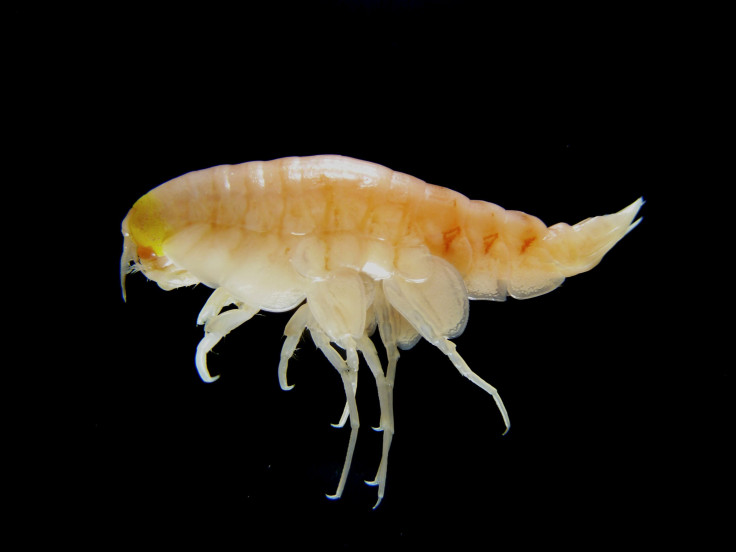Ocean Pollution: 'Extraordinary' Levels Of Contamination Found At Deepest Parts Of Ocean Inside Fish, Shrimp

Manmade pollution has made its way to the furthest reaches of the planet, according to scientists. Researchers found ‘extraordinary’ amounts of the banned chemicals polychlorinated biphenyls, known as PCBs, more than 36,000 feet down in the ocean.
Scientists from the University of Aberdeen in the United Kingdom studied shrimp-like creatures called amphipods residing in the depths of the Mariana Trench, almost seven miles down, during two expeditions in 2014. The team found concentrations of PCBs 50 times greater than those found in animals living in surface waters, according to a study published Monday in Nature, Ecology and Evolution.
“We still think of the deep ocean as being this remote and pristine realm, safe from human impact, but our research shows that, sadly, this could not be further from the truth,” said Alan Jamieson, leader of the study. “The fact that we found such extraordinary levels of these pollutants really brings home the long-term, devastating impact that mankind is having on the planet.”
PCBs, present in electrical equipment, were banned in 1979 after researchers uncovered their detrimental effect to the environment and to humans, but the toxic chemicals pervade around the world today. The chemicals were also used in paints, rubbers, plastics, dyes and other industrial applications before production was halted. Because they don’t degrade naturally, PCBs make their way through the food chain, eventually sinking into the depths of the ocean in the bodies of decaying organisms or inside bits of heavy plastic.
Despite being banned almost 40 years ago, PCBs are still leaching into the ocean. About a third of the 1.3 million tons of the chemicals produced has already made its way into oceans and coastal waters. According to the study, PCBs are now present in the Arctic and the Antarctic. PCBs pose a hazard to people who enjoy seafood because they accumulate inside fish and are then eaten, posing significant health risks like cancer and other diseases.

© Copyright IBTimes 2024. All rights reserved.






















